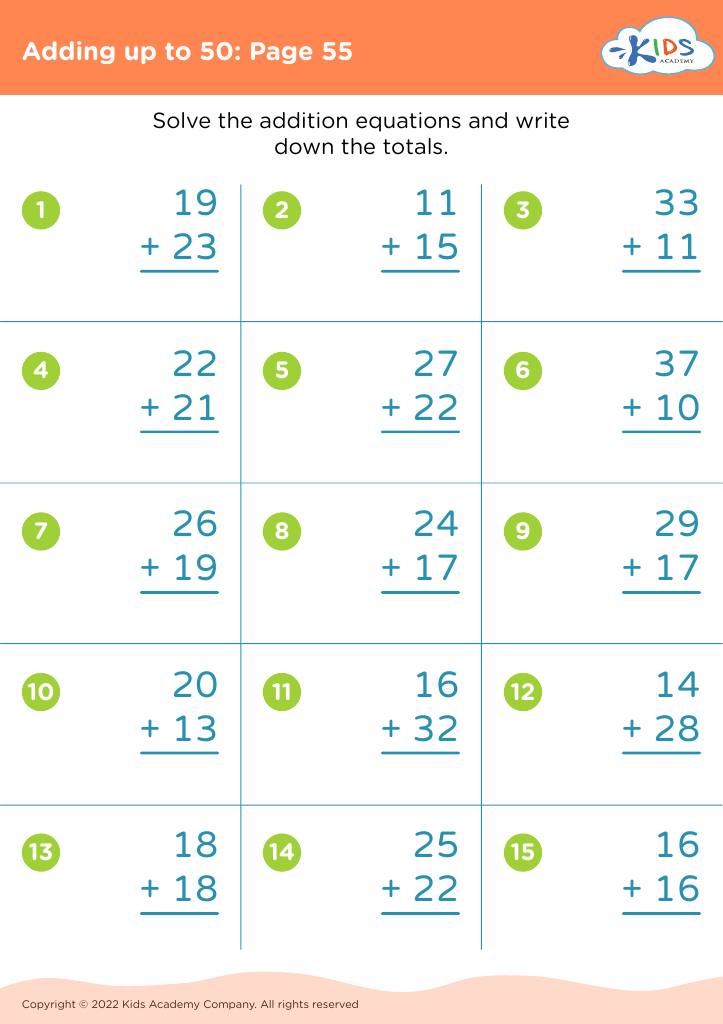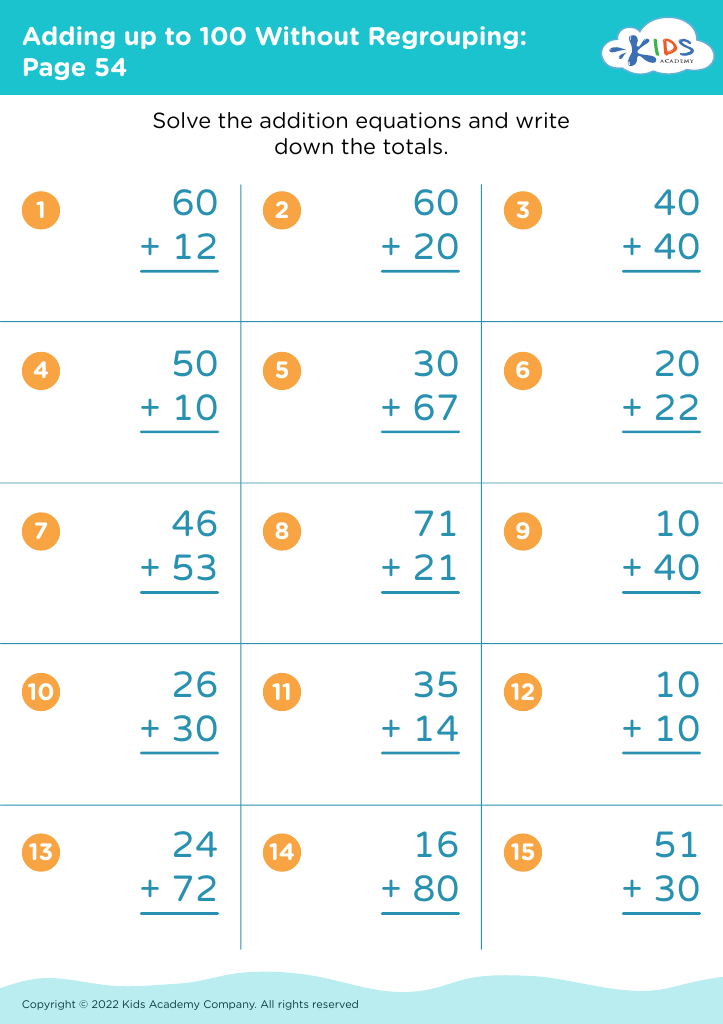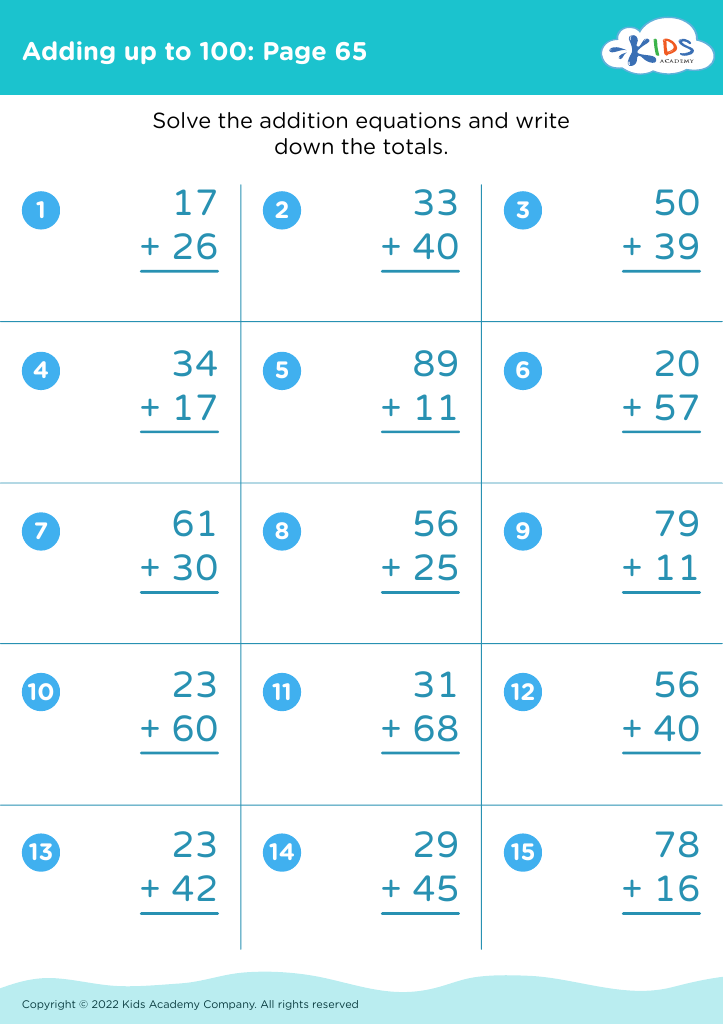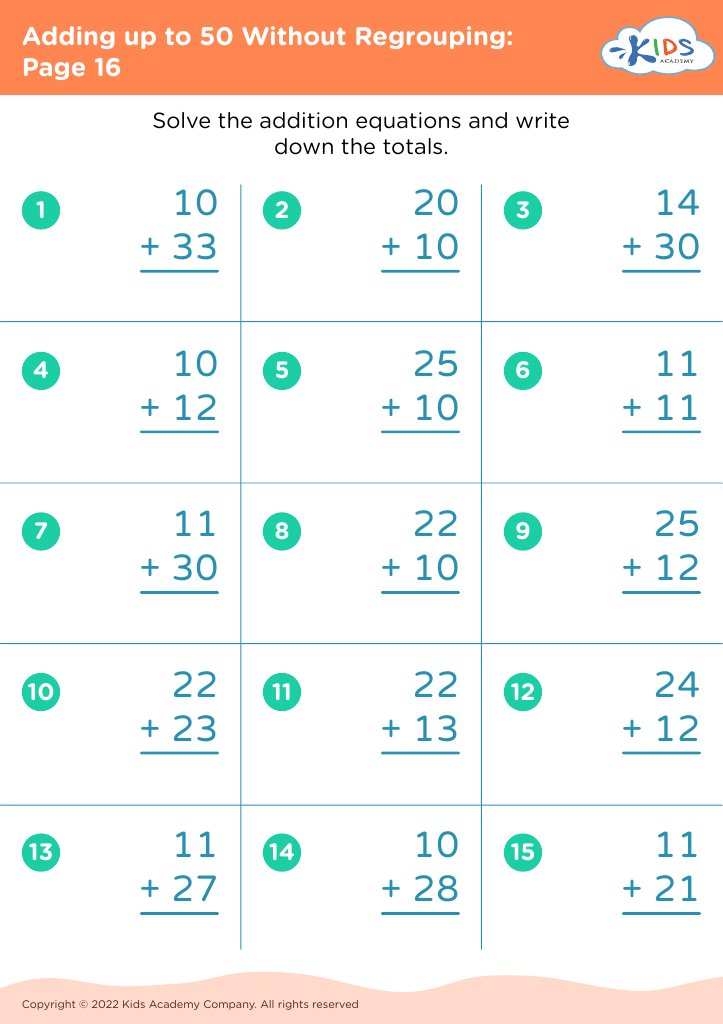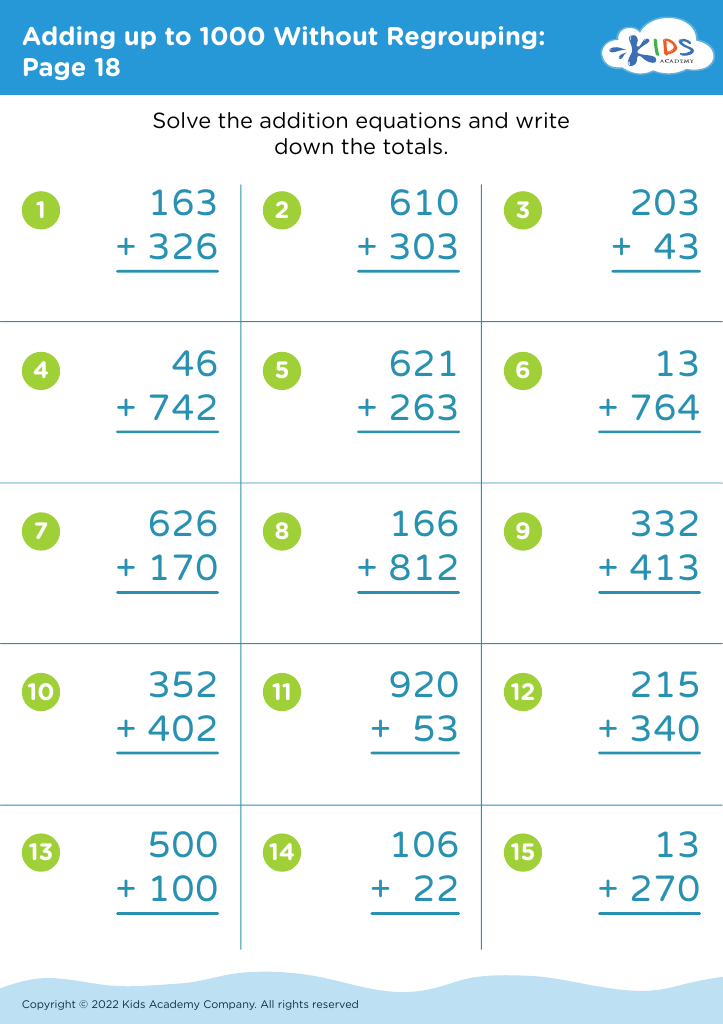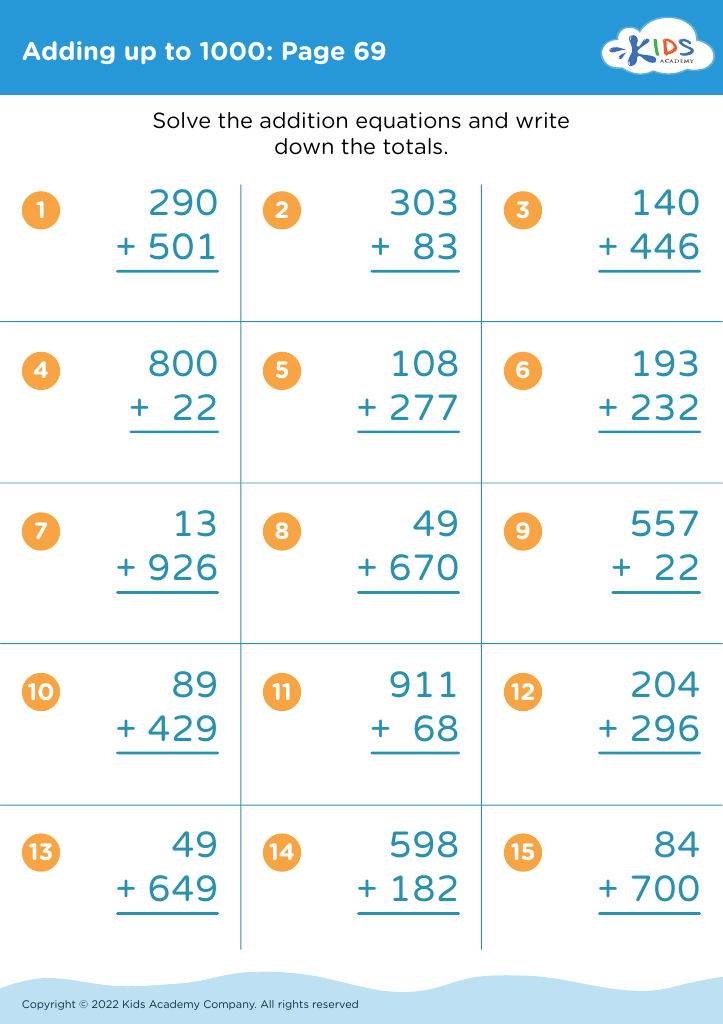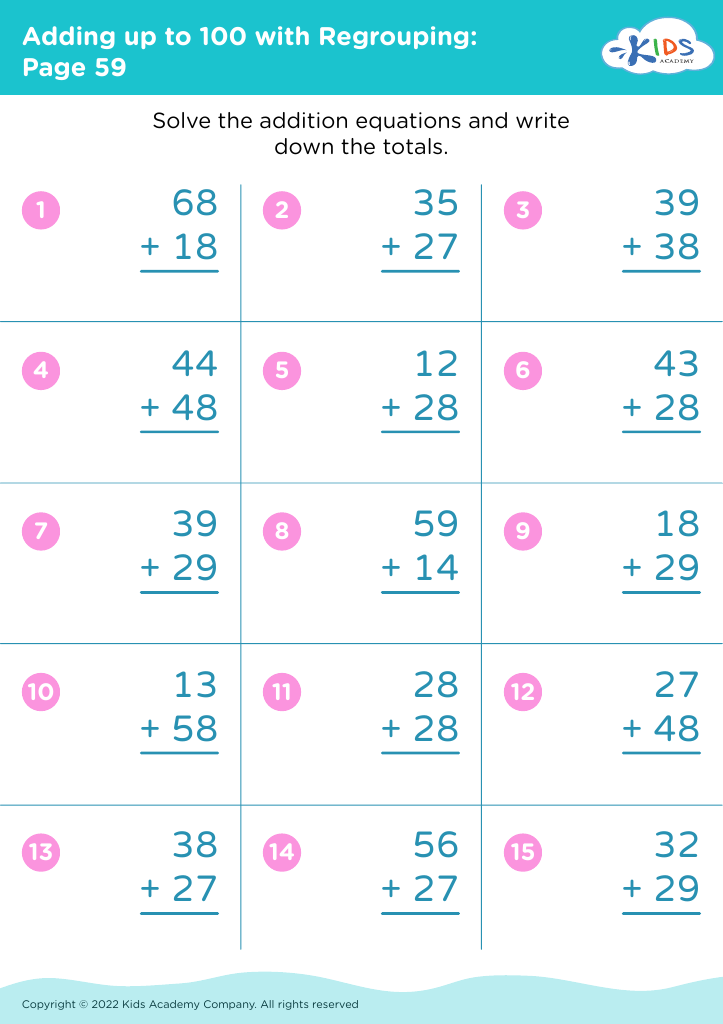Comparing Fractions Addition & Subtraction Worksheets - Page 2
87 filtered results
-
From - To
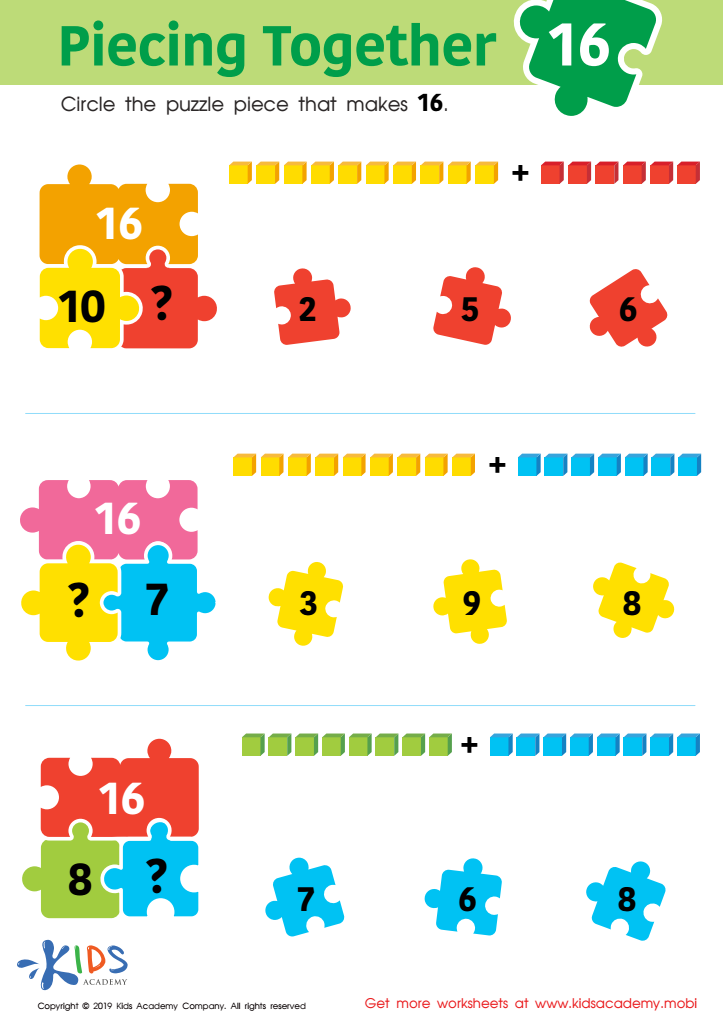

Piecing Together 16 Worksheet
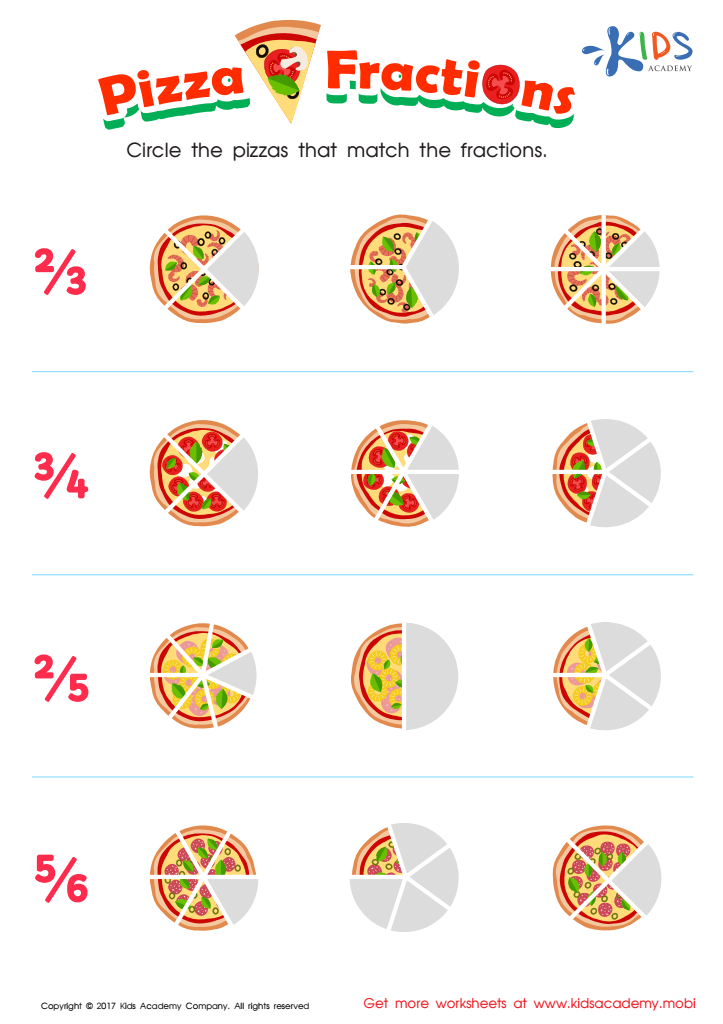

Fractions: Pizza Printable
Parents and teachers should prioritize understanding comparing fractions addition and subtraction because these mathematical concepts form the foundation for more advanced math skills. Mastering these skills helps students develop critical thinking and problem-solving abilities.
First, fractions are prevalent in everyday life—whether cooking, budgeting, or measuring—making it crucial for students to confidently manipulate them. Comparing fractions lays the groundwork for understanding more complex operations, such as finding a common denominator or working with equivalent fractions.
Furthermore, mastery in adding and subtracting fractions fosters mathematical fluency, allowing students to tackle word problems and apply what they've learned to real-world situations. When children grasp these concepts, they gain the confidence to tackle higher-level mathematics in later grades.
Additionally, understanding there are various methods to compare and compute with fractions—even if they don't yield the same results—promotes resilience and adaptability in problem-solving. It's also important for parents and teachers to collaborate in regularly reinforcing these skills through games, storytelling, or practical applications at home and in the classroom. This not only enhances students’ learning experience but also strengthens their mathematical foundation for future academic success.
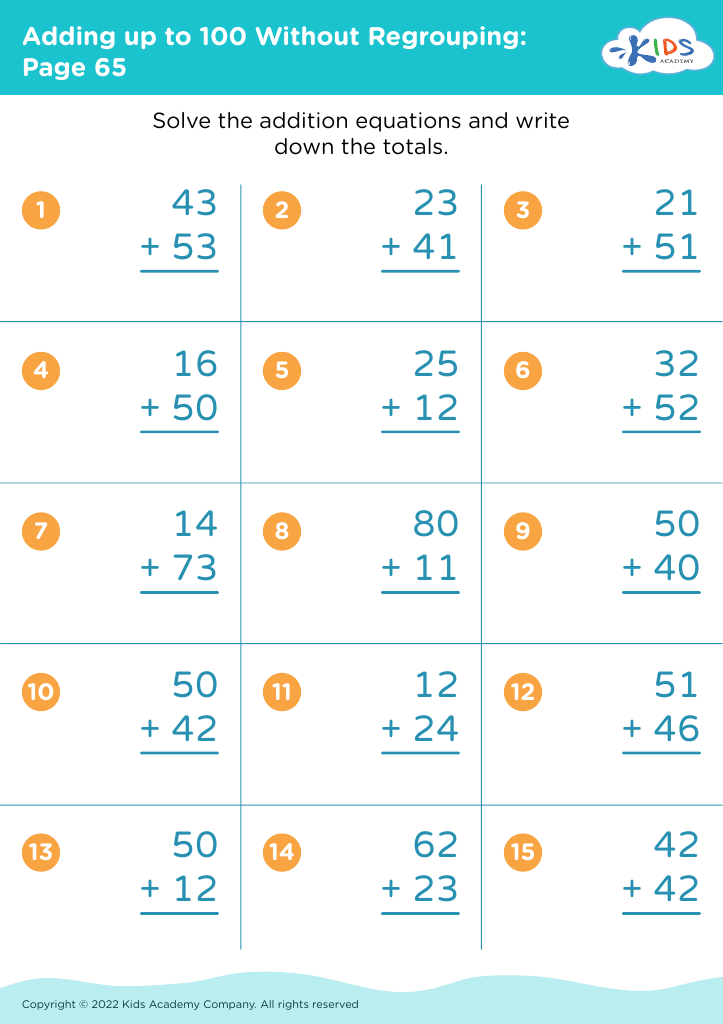


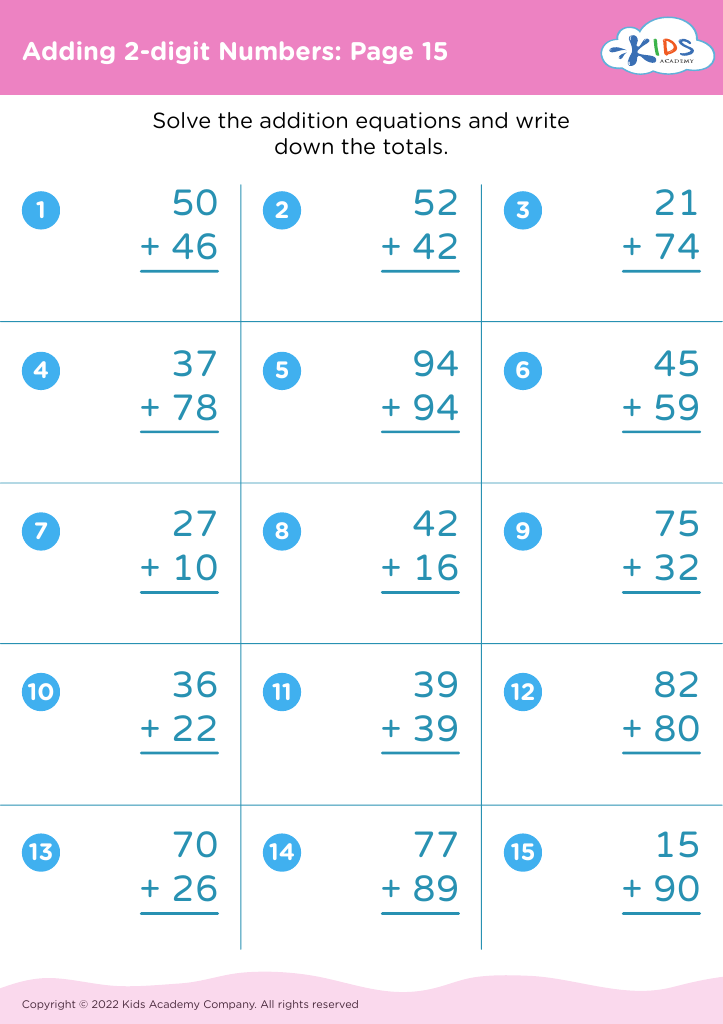

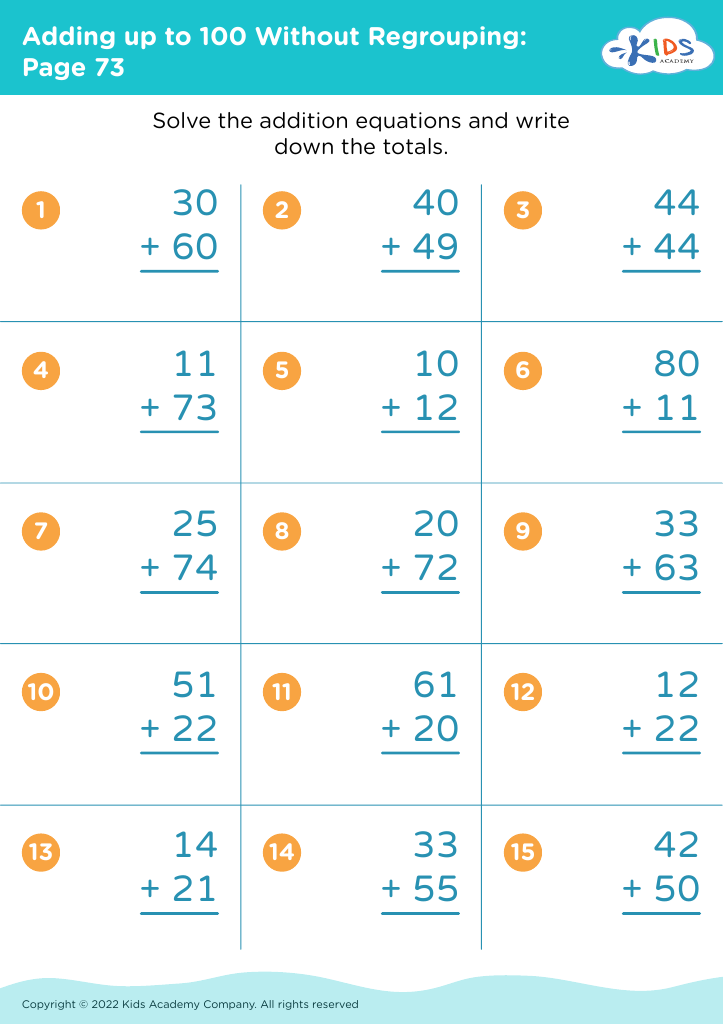


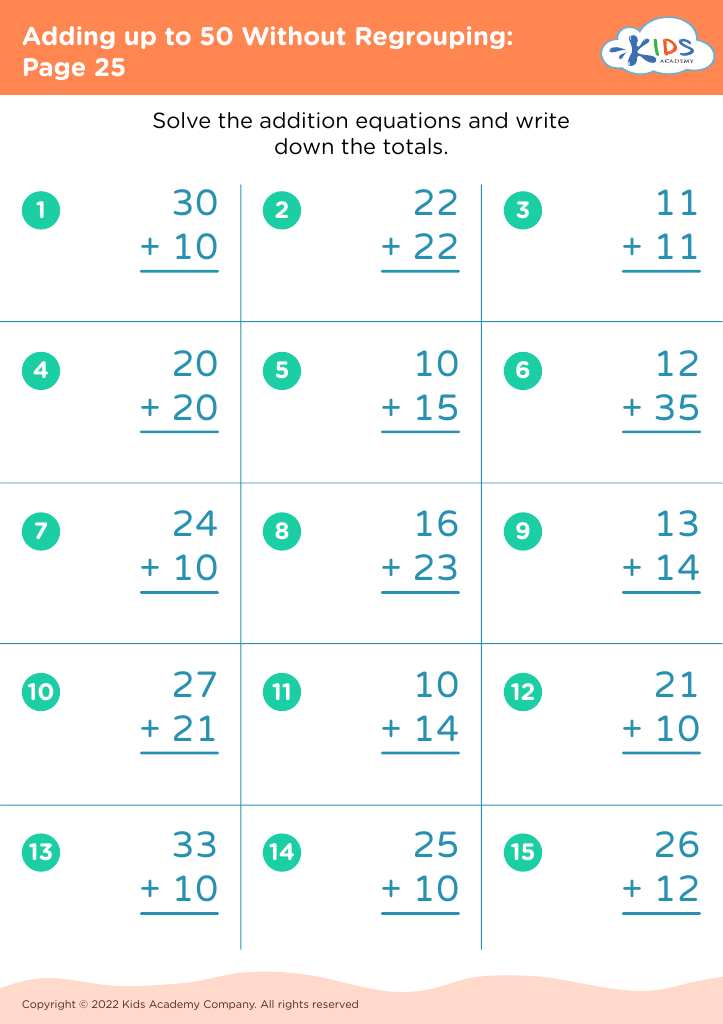
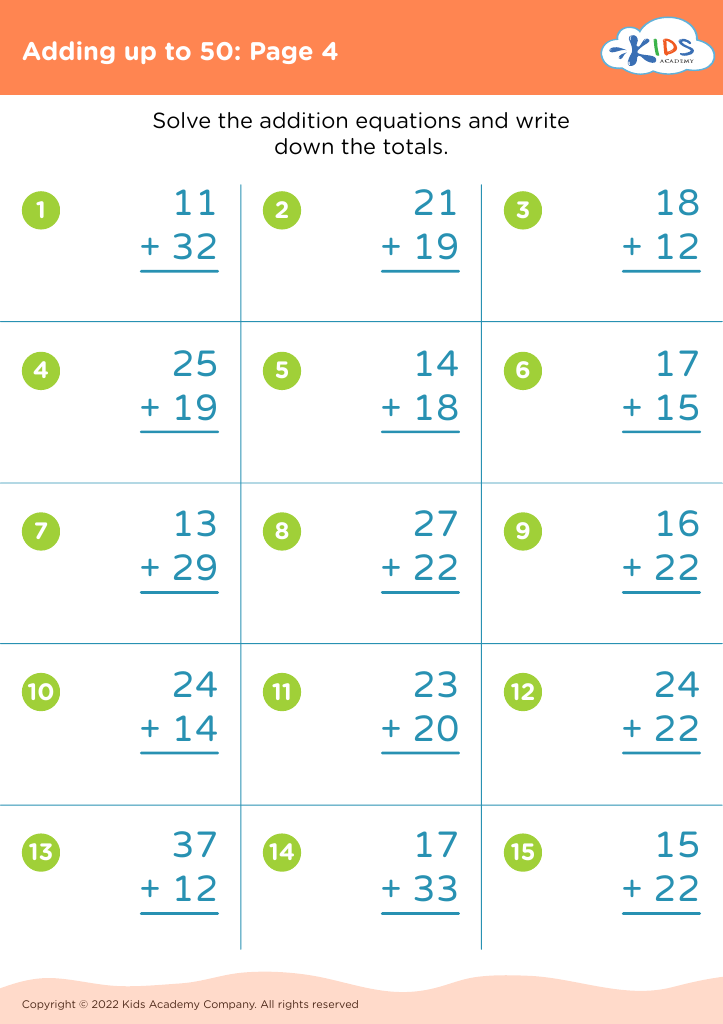
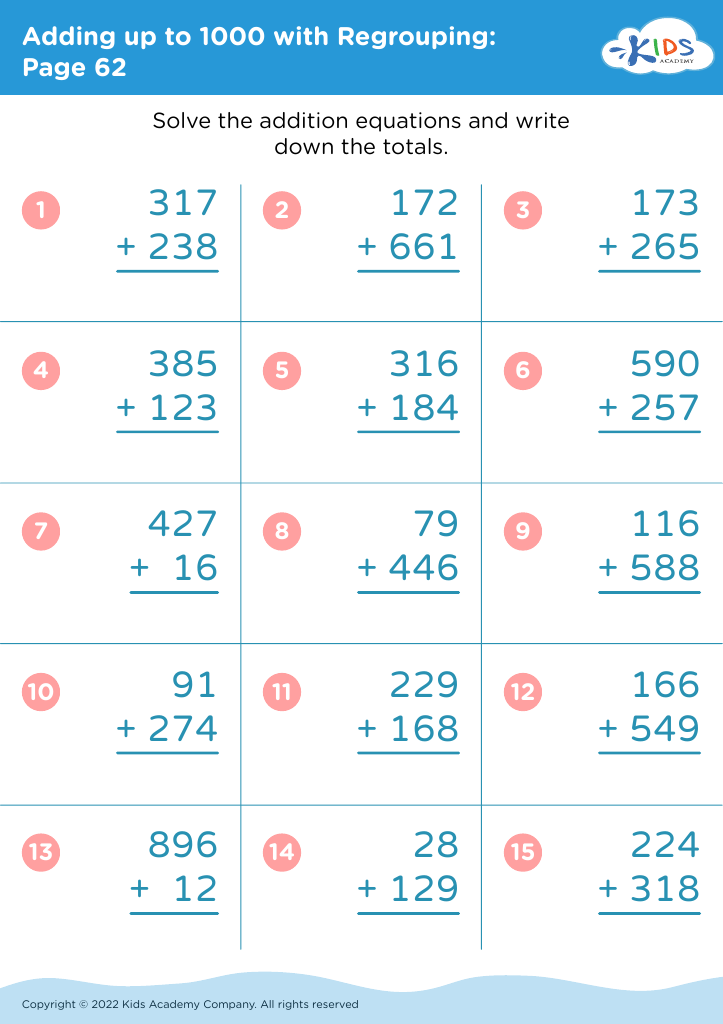
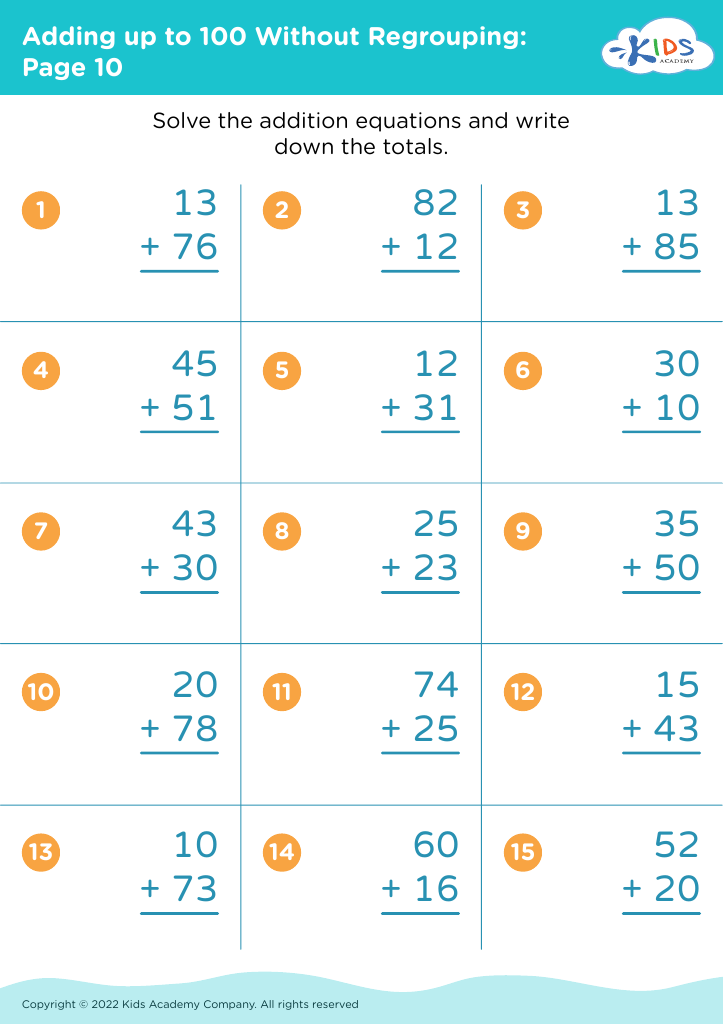
 Assign to My Students
Assign to My Students
